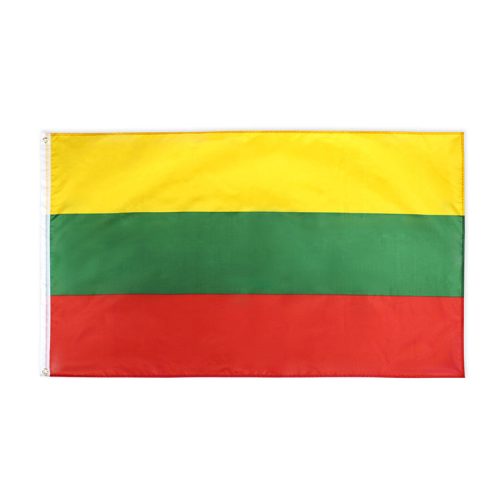Flags can be a source of controversy and debate in many countries. Some of the common controversies and debates surrounding country flags include:
- Historical associations: Some countries’ flags are associated with historical events or ideologies that are controversial or offensive. For example, the Confederate flag in the United States is associated with slavery and racism, and its display is banned in some public spaces. Similarly, the Rising Sun flag of Japan is associated with its wartime aggression and is considered offensive by some neighboring countries.
- Political symbolism: In some countries, the flag can be seen as a symbol of political power or allegiance. For example, in Hong Kong, the use of the Chinese flag is a sensitive issue, with some pro-democracy activists viewing it as a symbol of the Chinese Communist Party’s authoritarian rule.
- Representation of diversity: Some countries have faced controversies over their flags not adequately representing the diversity of their populations. For example, in Canada, some indigenous groups have called for changes to the national flag, arguing that it does not represent their communities or cultures.
- Design changes: Proposed changes to a country’s flag design can also be a source of controversy. For example, in New Zealand, there was a heated debate over changing the flag design in 2016, with some arguing that the proposed new design did not adequately represent the country’s identity or history.
- Protocol and display: Proper flag protocol and display can also be a controversial issue. For example, in the United States, there have been debates over whether burning the flag should be considered a protected form of free speech or a punishable offense.
In summary, flags can be a source of controversy and debate in many countries due to historical associations, political symbolism, representation of diversity, proposed design changes, and issues surrounding flag protocol and display.


